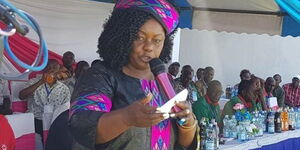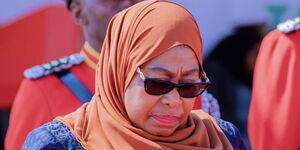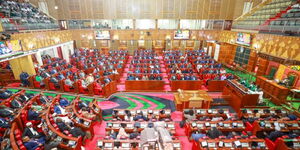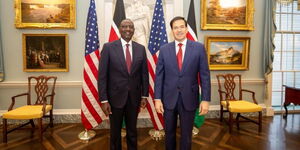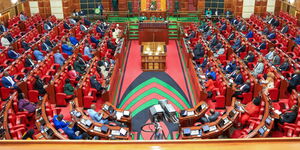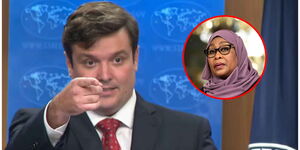If you are a content creator on TikTok, you could soon start making money directly from the government, particularly if you package your content in a certain kind of way.
This is after the government, through Head of Presidential Special Projects and Creative Economy, Dennis Itumbi, announced a new initiative to support TikTok content creators by offering funds to those producing content aligned with President William Ruto's national development priorities.
While speaking during a creator education forum in Nairobi, Itumbi revealed the government was willing to support creators who showed prowess in crafting content across key sectors, which aligned with the government's key development pillars.
"The government is willing to put in money specifically for a few things it is currently doing, and I want creators to take advantage," Itumbi said.
He added, "If you do content around housing, health, job creation and agriculture. We are willing to give money for it."
As far as how the model would work, Itumbi revealed that the government would provide creators with official briefs, which they could then adapt into digital content suitable for platforms like TikTok.
Itumbi highlighted a major policy shift in how the government approached advertising, confirming that in the digital era, focus had shifted away from traditional means of advertising.
In particular, Itumbi highlighted one of Ruto's very first directives when he took office in 2022, which entailed an allocation of at least 30 per cent of government ad spending to digital platforms.
During the same event, Itumbi called on some social media platforms in the country yet to adopt monetisation tools for Kenyan creators to do so, particularly because Kenya had one of the largest numbers of social media users globally.
While some platforms like Facebook offer monetisation tools for Kenyan creators, most creators on TikTok mainly generate revenue through brand partnerships, influencer gigs, affiliate marketing and live gifting.
Since there is no built-in ad revenue-sharing program, creators on TikTok are limited to how much they can earn despite their videos generating considerable traffic and engagement.
In July, Itumbi injected fresh hope into Kenyan creators by announcing the government's plan to introduce monetisation. To achieve this, however, he emphasised the need for unity and for presenting the appeal to the social media giant collectively.
As of October 2025, only three African countries, South Africa, Egypt, and Morocco, can earn from the Effect Creator Rewards, while none of the African countries are included in the other two programmes.

